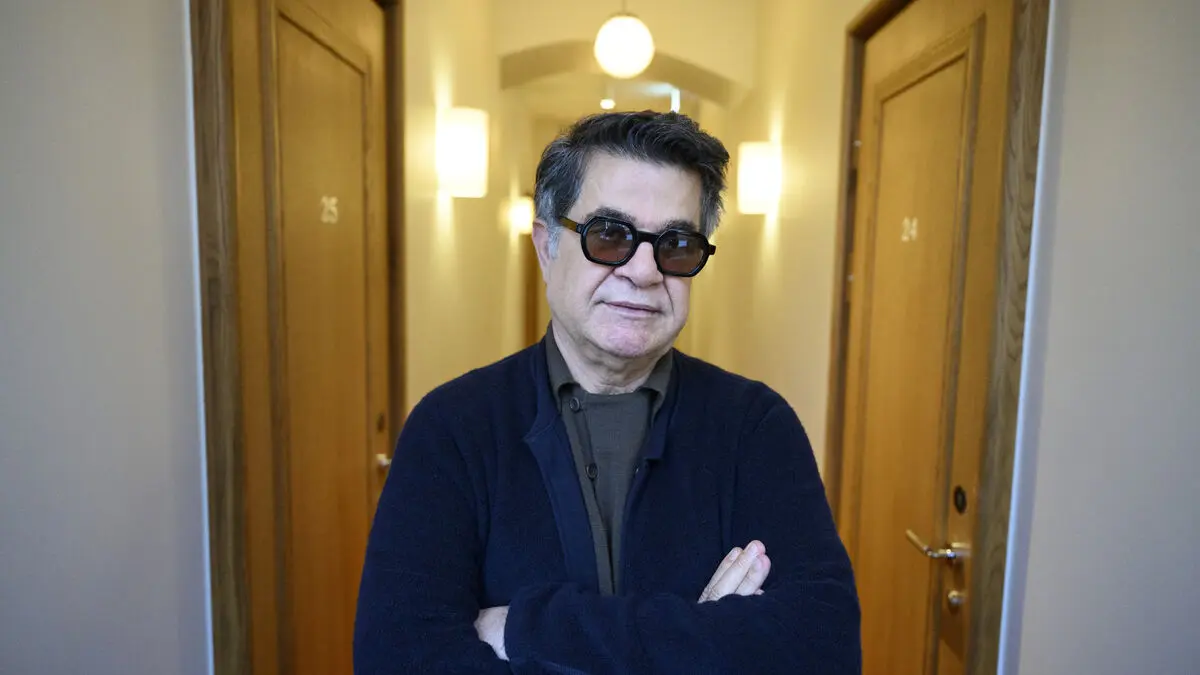It's a tired Jafar Panahi who receives journalist after journalist in his hotel suite in Stockholm. For a period he was banned from leaving Iran and from speaking to the media. In the weeks before the Oscar nominations are announced, it's as if he's making up for lost time.
Despite international success, such as being awarded the Palme d'Or at this year's Cannes Film Festival, his films are still banned in Iran, where they are shot.
"We try to find other ways. We send the films to festivals and sometimes they are shown there. Once the film is seen abroad, it comes back to Iran and the society that inspired it," he says.
The way to reach the Iranians is depicted in the 2015 film "Taxi Tehran", where a character makes a living by selling pirated copies of films that are completely banned in the Islamic republic.
Inspired by prison
His current work "It was just an accident" is inspired by stories that Panahi heard from fellow prisoners when he was imprisoned for seven months a couple of years ago because of his filmmaking.
The Oscar-nominated film is about a former political prisoner who believes he has encountered the prison guard who tortured him. Before he can exact his revenge, however, he must seek out other survivors of Iran's horrific prisons to ensure that the man is indeed who he believes.
Like many of Jafar Panahi's films, it is largely set in a car - where he does not need to seek permission from the authorities to film. He has to constantly take security measures and never gives his team the entire script. The actors are given their lines to read shortly before filming.
Almost seized
With only a few scenes left to film, the team was stopped by security forces who confiscated their equipment. But Jafar Panahi, who after years of film bans and two stints in prison had become accustomed to the regime's hawkish eyes, had already backed up all the footage and hidden it away.
From the outside, it can be difficult to understand how one can live under such oppression, he says.
But under those circumstances, you just try to find the best way to survive.
Despite the risks, he has no plans to stop making films.
It's the only job I can do.
Jafar Panahi, born in 1960 in the city of Mianeh, is one of Iran's most internationally recognized filmmakers.
He describes himself as a social filmmaker, and his work often addresses issues of power structures and oppression.
He has been imprisoned twice for political reasons and has been banned from traveling and from making films.
Despite this, he has continued his creative work, for example by secretly recording films with his mobile camera while under house arrest.
In 2025, he was awarded the Palme d'Or at the Cannes Film Festival for his film "It Was Just an Accident".
In his acceptance speech, Panahi called on all Iranians around the world to unite and fight together for a "free Iran."
The film has been submitted as France's entry for the Oscars, where it is considered to have a good chance. It will premiere in Sweden on November 28.






